
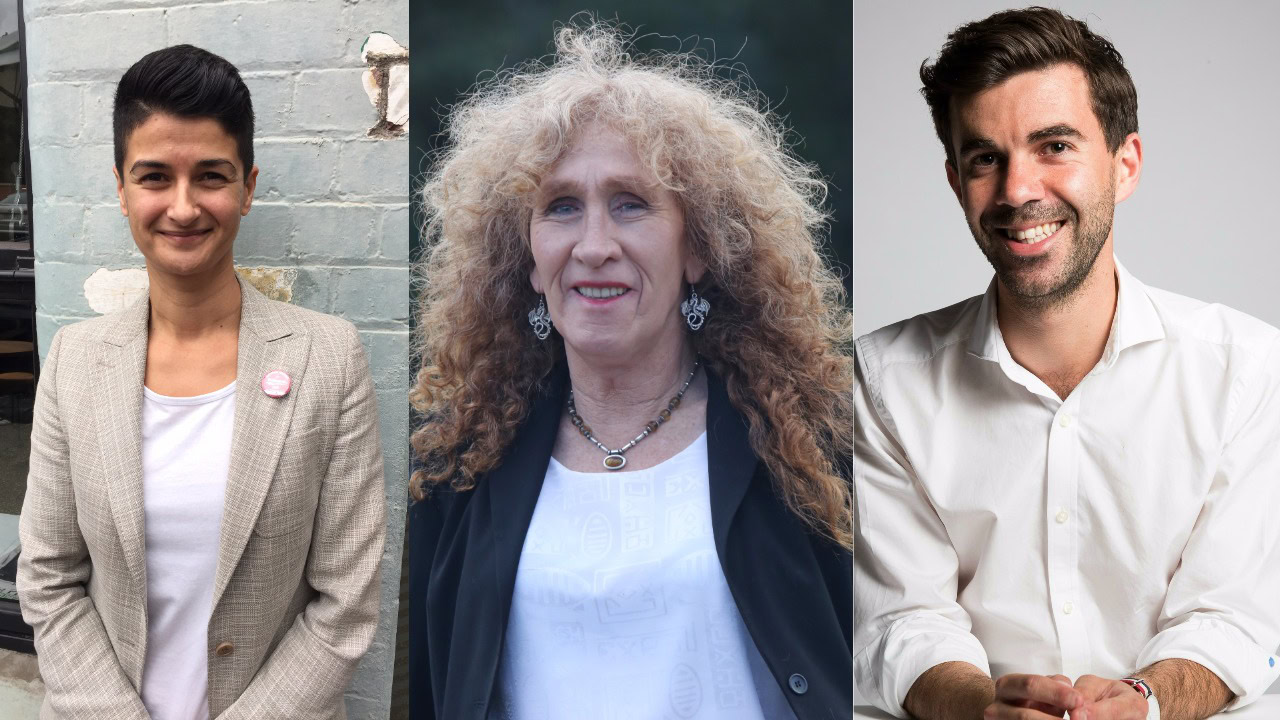
SITTING by the beach with her first girlfriend, Sophie Ismail can recall people kicking sand in her face for appearing intimate with a same-sex partner.
“It was really humiliating and scary back then, people would hurl insults out of the windows of their utes as well” she told the Star Observer.
As a teenager in Queensland it was hard for her to navigate a queer sexual identity, particularly with the added pressures of a conflicting cultural identity.
Her dad was born in East Africa and raised Muslim, immigrating to Australia with Ismail and her mother when she was ten-years-old. Ismail’s hair was short and she often avoided wearing stereotypically feminine clothes, something she said was a point of conflict.
“My sexual and cultural identities were things I managed carefully on my dad’s side of the family,” she said.
“Gender stereotypes are particularly strong in the Indian culture my dad comes from where women have long hair and wear dresses, but I didn’t fit that mould, and always felt like an outsider.
“There were lots of comments made about my appearance, and people would say ‘you’ve got a boy’s haircut’, which made me feel pressure to conform to cultural stereotypes.”
Ismail is currently Labor’s candidate for the key seat of Melbourne and if elected, will become the first gay woman in Australia’s House of Representatives.
She has worked extensively in the legal sector, including as an advocate on a number of cases involving queer discrimination.
The previous two federal elections saw Greens candidate Adam Bandt elected to Parliament in the seat of Melbourne.
Ismail believes the dominance of heterosexual, white men in the government’s lower and upper houses doesn’t lend itself to addressing issues affecting the diverse LGBTI community.
“We’re seeing a lot of people [in government] who have grown up with similar experiences, have gone to similar schools, and have perhaps experienced similar things in their lives,” she said.
“This means they’re sitting around and considering our problems in a very generic and similar way.
“That’s why you need to bring people into the mix that have experienced life differently – they’ll not only have different ideas about solutions to the problems we face, but about what the problems are in the first place.”
And while Ismail’s pro-marriage equality, anti-plebiscite position remains firm, she said legalising same-sex marriage isn’t always the most pressing issue.
A 2009 survey on LGBTI events undertaken by the Australian Institute of Criminology found that nearly 30 per cent of respondents had personally experienced some form of harassment or physical assault at a public event.
“Growing up I was worried about my safety in public spaces and the safety of my friends,” Ismail said.
“Marriage equality has been an issue dominating the debate and there are other issues that are equally important.”
Ismail said it’s important to recognise that the LGBTI community is diverse in itself, and that both in and out of it there are certain voices heard more loudly than others.
“I think it’s very important to make sure we’re truly being representative,” she said.
“Discrimination isn’t something you can explain to people, it’s something you have to have experienced.”
For Geoffrey Winters, this discrimination came with a sense of internalised shame in the schoolyard as he tried to protect his gay and Aboriginal identity.
Now running as the Liberal candidate for Sydney, Winters can remember trying to hide his sexual identity during school while feeling isolated among his peers for being Aboriginal.
“I went through very white schools, where monoculturalism was extreme – most of the kids were white and middle class” he said.
“My brother and sister and I felt a certain degree of shame for being Aboriginal, and you’d feel nervous about your dad picking you up.
“My father’s a dark-skinned Aboriginal man, so it was a double shame… it wasn’t until I got to university that I felt comfortable to embrace who I was without any reservation.”
Winters’ experience being Aboriginal in high school made it more difficult for him to build up the courage to come out as being gay, something he did when he was 21.
“It was in junior high that I became aware that being Aboriginal was an issue for people,” he said.
“I was being called an ‘abo’ just because it was an easy way to score a point on the playground.
“It’s terrible when you have low expectations of people being bullies and they then live up to those expectations.”
Much like Ismail, 27-year-old Winters has also had experience in the legal sector, working for Chalk and Fitzgerald and specialising in native title and Indigenous law.
This election Winters will be contesting the safe Labor seat of Sydney currently held by Tanya Plibersek. As someone who struggled with intersectional discrimination on the grounds of both his sexual and cultural identity in the classroom, Winters is a strong advocate for queer acceptance in schools.
“Most of the stigmas in our adult lives could be answered with extremely open-minded and compassionate schooling environments, from primary school to university,” he said.
“My partner really struggled in high school for being gay from one of his own teachers, and he’s studying to be a teacher now.
“Part of that motivation is the power of teachers to make people feel included and valued.”
While minimal research has been undertaken on queer Aboriginal people, a report by the National LGBTI Health Alliance in 2013 found that Indigenous LGBTI Australians were likely to be at particularly high risk of suicide. Winters believes one of the reasons there’s a low proportion of Aboriginal people in Australian universities is that it hasn’t been normalised.
“These conversations aren’t happening around the dinner table,” he said.
“I put my hand up to run for the seat of Sydney and people say it’s remarkable but it shouldn’t be – there’s no encouragement from the beginning to engage no matter where you come from.
“I picked up my first Star Observer when I was 20 and it not only normalised things like my sexuality, but also the idea of young people being involved in social issues and the political process.”
Within the LGBTI community many members struggle for the same kinds of visibility and acceptance, but in recent years perhaps none more so than trans people.
As someone assigned male at birth, Martine Delaney knew from a young age she’d been ripped off, but it was at a time when trans identities were almost entirely invisible.
“It’s a different world now – the idea of me back then as a child talking to my parents about transitioning or having access to puberty blockers was completely foreign,” she said.
The first person to know about the issues Delaney had been having with her gender was Wendy, a woman she fell in love with.
The two looked after an Aboriginal girl together who one day got caught in a rip, prompting Wendy to run in and try and save her, before getting caught in the rip herself and drowning.
“A year or so later while I was still caring for the young girl I began the process of transitioning,” Delaney said.
“The girl was 11-years-old when I transitioned so we went through puberty together.
“We went bra shopping which is not something most kids do with their parents.”
Delaney is currently the Greens candidate for the seat of Franklin in Tasmania.
As a non-Aboriginal person she has worked quite actively in Aboriginal affairs and has been an outspoken advocate for LGBTI rights.
Last year she also launched an anti-discrimination case against the Catholic Church for handing out a booklet in opposition to same-sex marriage.
“I reached a point where I was sick and tired of spending my life on social media being angry about what was being done to undermine things I felt were important,” she said.
“So for the first time in my life I thought I’d join a political party.”
Due in large part to the lack of diversity in the federal government, Delaney believes there are a lot of health and legal issues facing the trans community that are overlooked.
Currently in Australia, young trans people wanting stage two cross hormone treatment face legal hurdles such as a requirement to go to court and be assessed, making access to treatment impossible in many cases.
“There are a number of issues under the way our medical system operates making it hard for people trying to transition,” she said.
“It’s a different world today but it’s still not accepting, especially when we have cis men in government picking on transgender kids.”
Being both a woman and trans, Delaney has intersecting identities that are both marginalised and underrepresented in government, much like Ismail and Winters.
And like the other two, she highlighted the importance of diverse representation in Parliament for the Australian public.
“This country is getting screwed over by cis white men who are running Parliament, and I’m dying to see a world not run by them.”





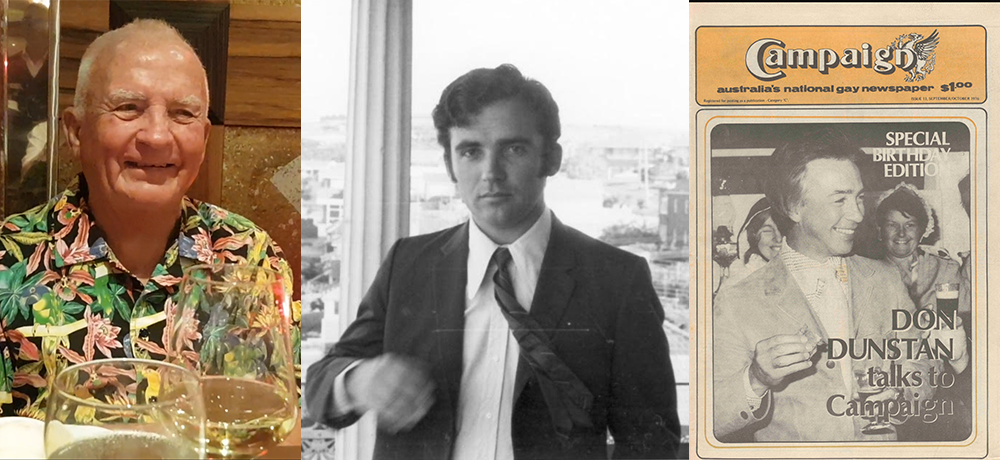
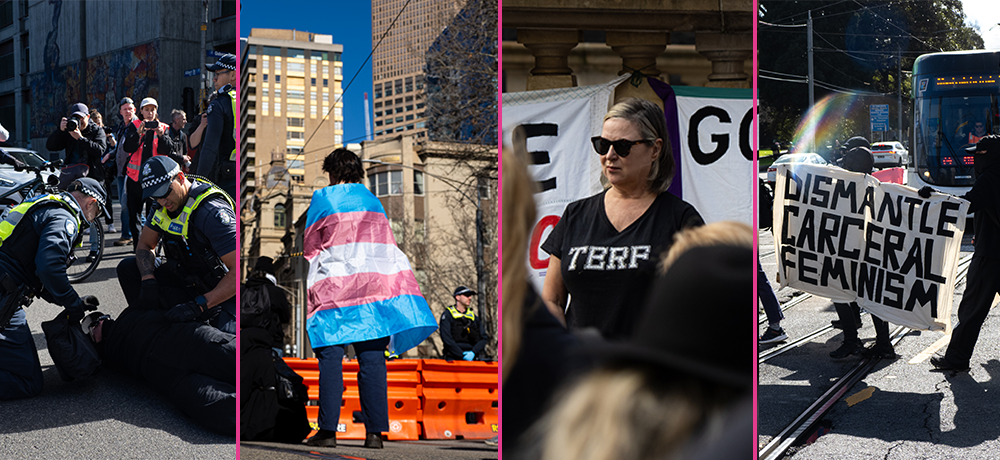
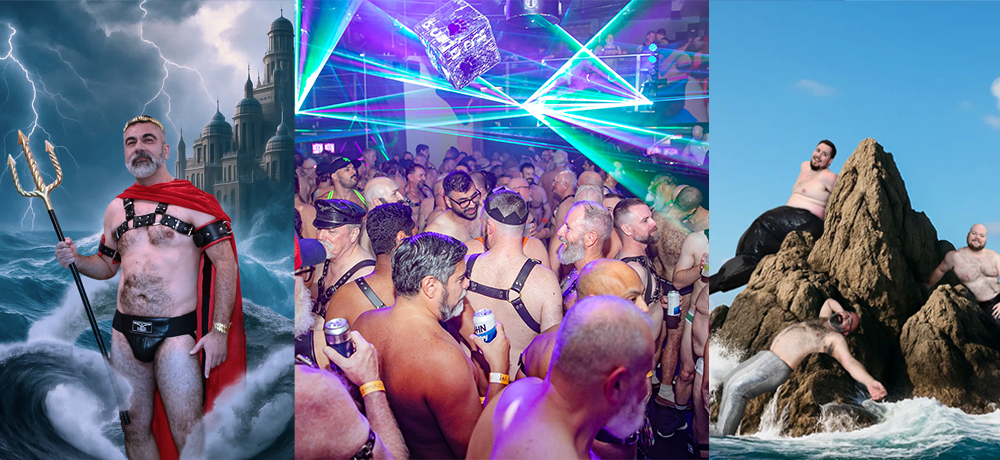
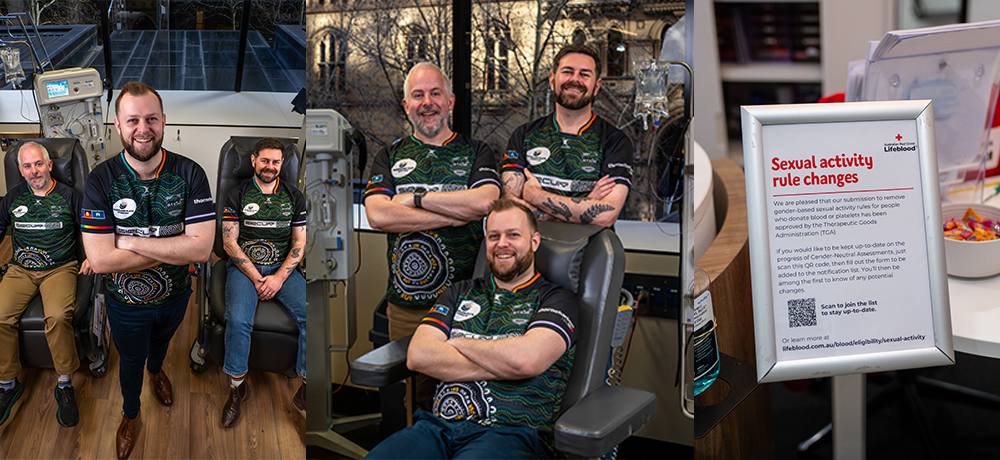
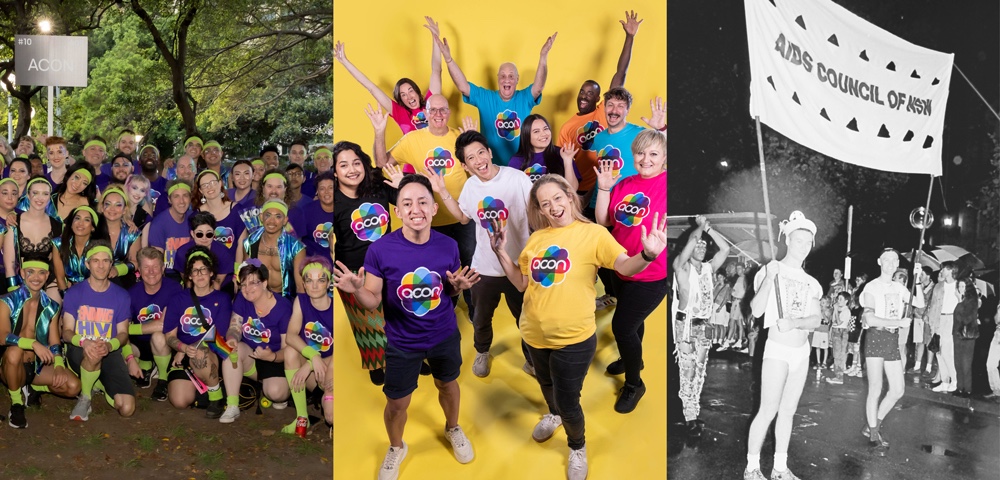
I have a solution to her problem, move to Iran or even Saudi Arabia, no white men running things there.
Bravo!
“We’re seeing a lot of people [in government] who have grown up with similar experiences, have gone to similar schools, and have perhaps experienced similar things in their lives,” she said.
Bravo!
“This means they’re sitting around and considering our problems in a very generic and similar way.
“That’s why you need to bring people into the mix that have experienced life differently – they’ll not only have different ideas about solutions to the problems we face, but about what the problems are in the first place.”
————————————————————————-
Booooooooooooo!!!!!!!!!!!!!!!!!!!
“And while Ismail’s pro-marriage equality, anti-plebiscite position remains firm, she said legalising same-sex marriage isn’t always the most pressing issue.”
The fail here is that whilst the first idea above states that you shouldn’t necessarily react to pressing issues as if yours is the only view point, she then goes on to do the same when it’s about marriage equality? What?
Imho– state-protected & sanctified marriage IS a VERY pressing “issue” as it is BLATANTLY discriminatory. Deliberately holding this legal validation out of the reach of only certain tax-paying, consenting couples is outright discrimination designed solely to diminish them.
Until people elected, who supposedly long for TRUE equality go the full-mile in their promotion of fairness & human rights to ALL, anything else is dereliction of their sworn duty. If Howard passed that vile bit of nastiness- no trouble at all, Then Turnbull can change it right back, and should take no trouble at all.